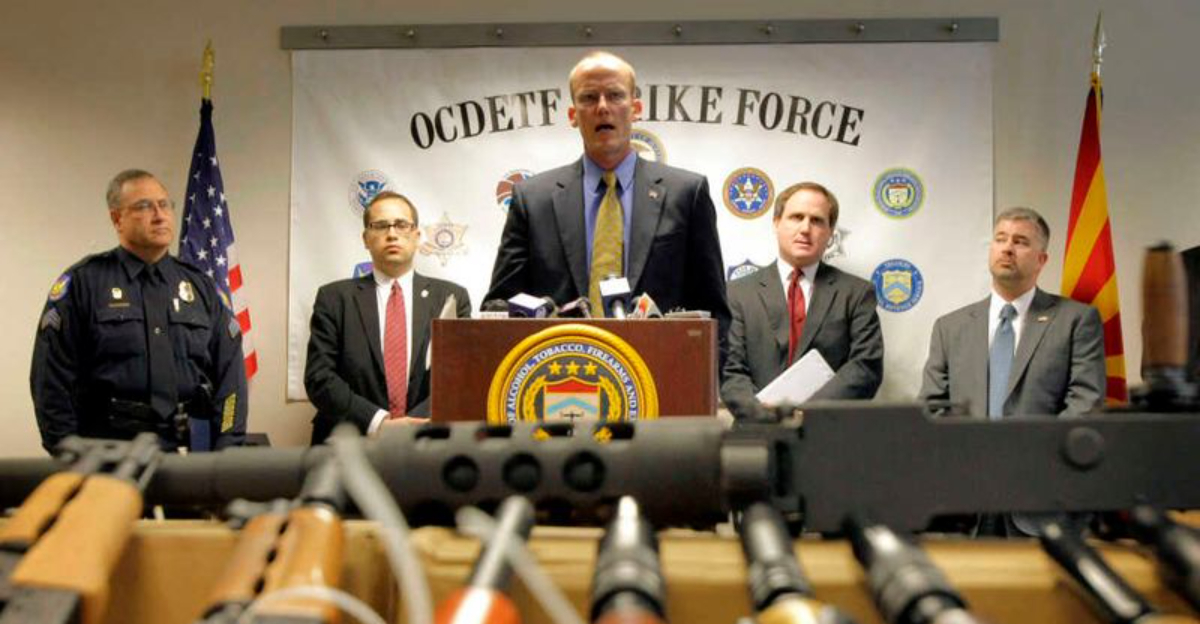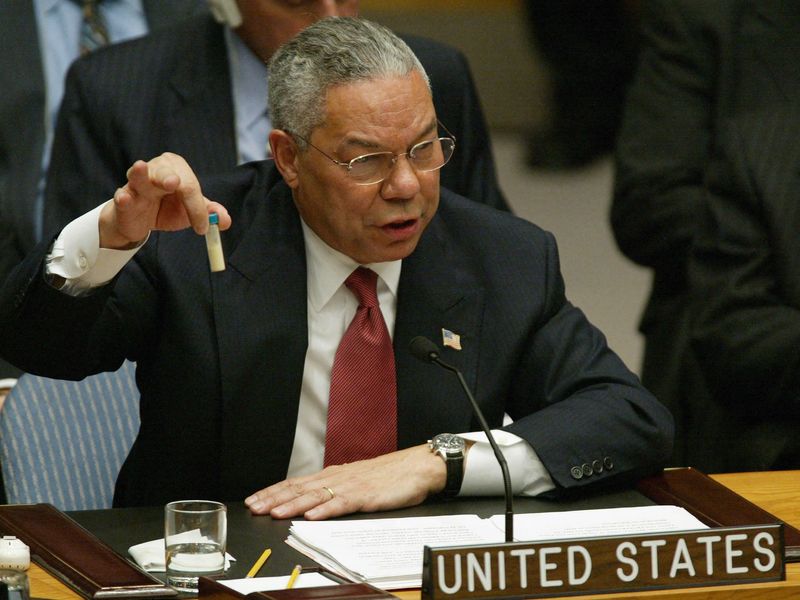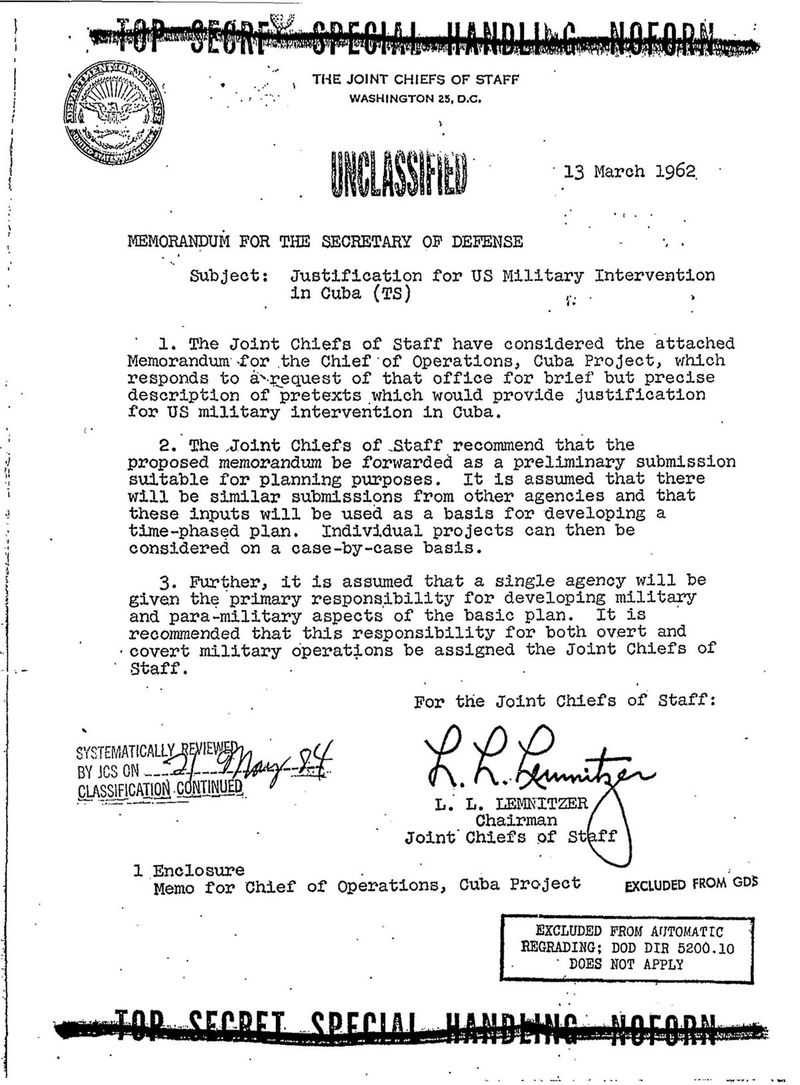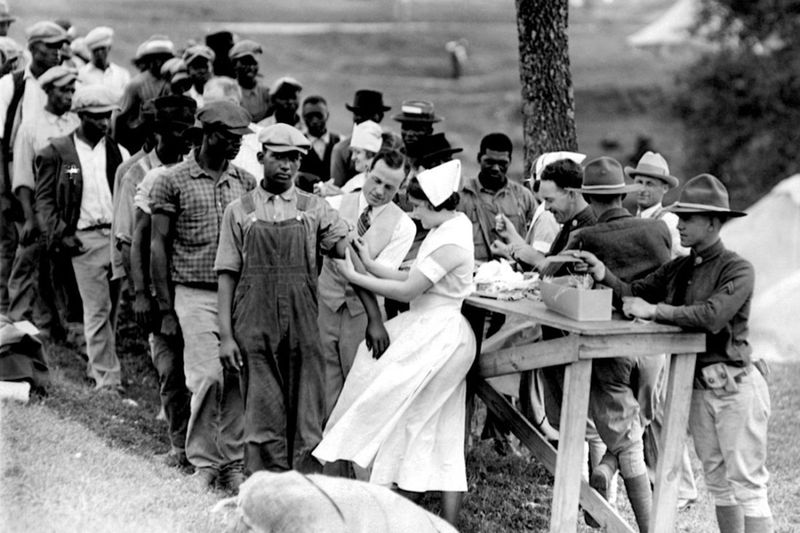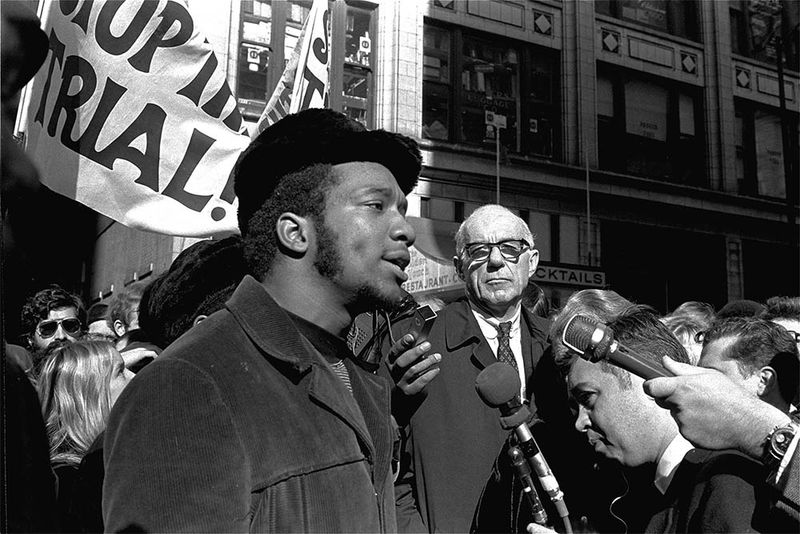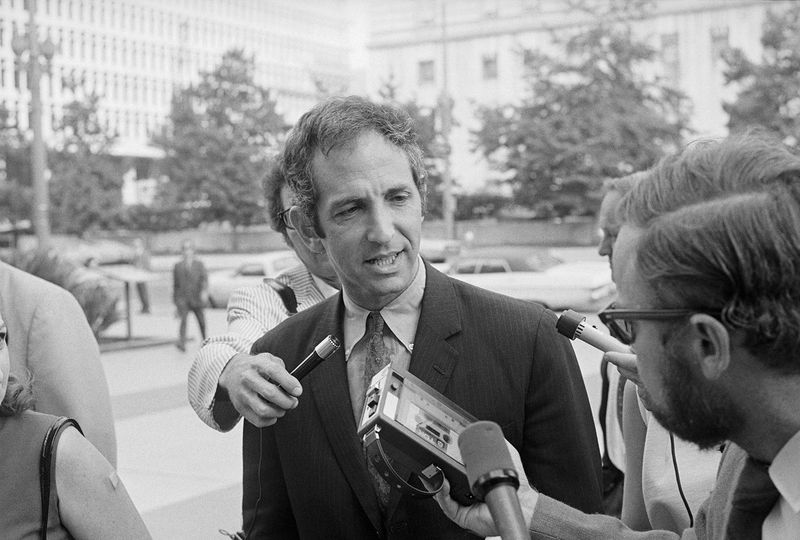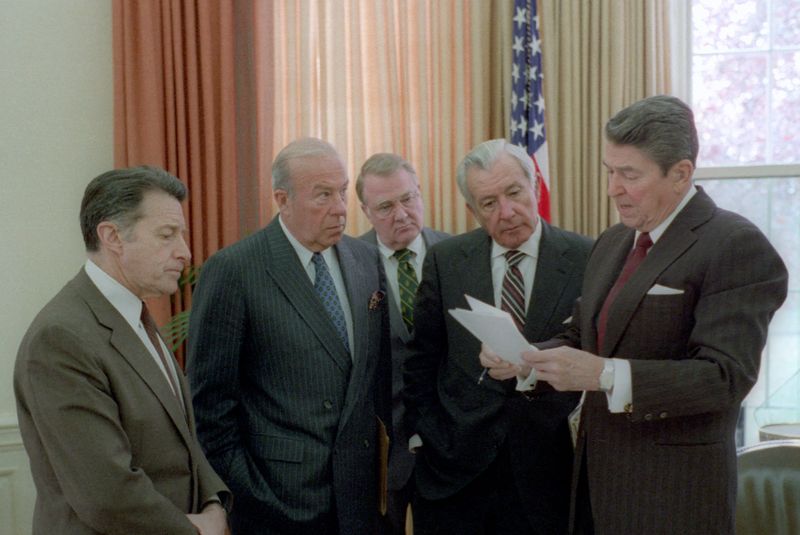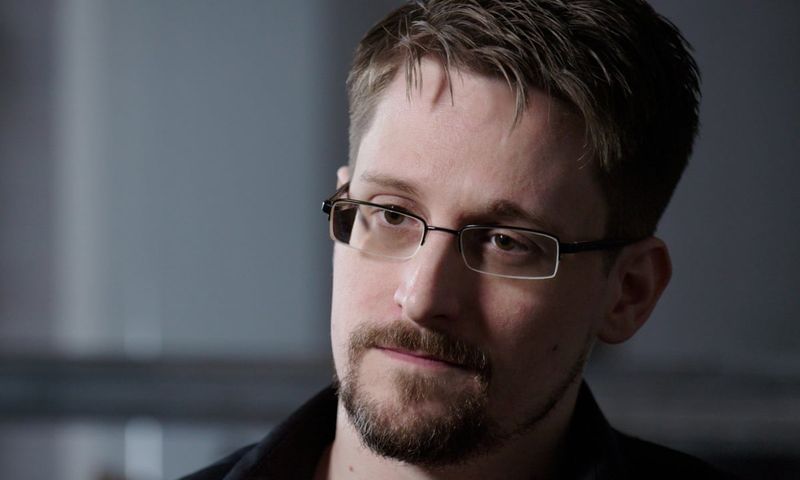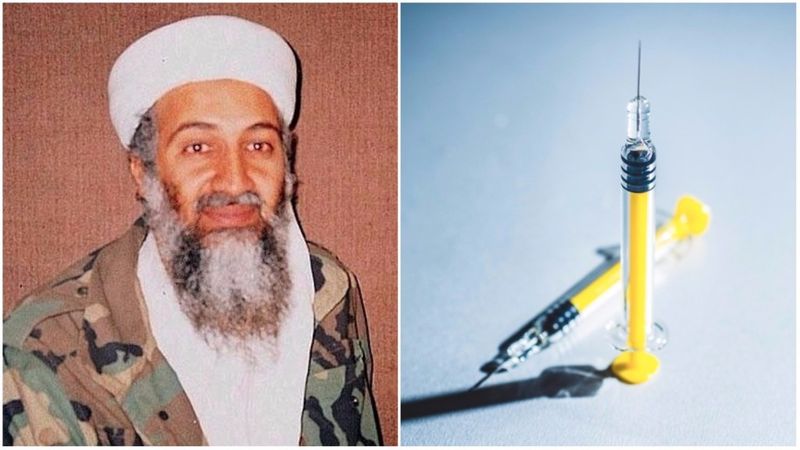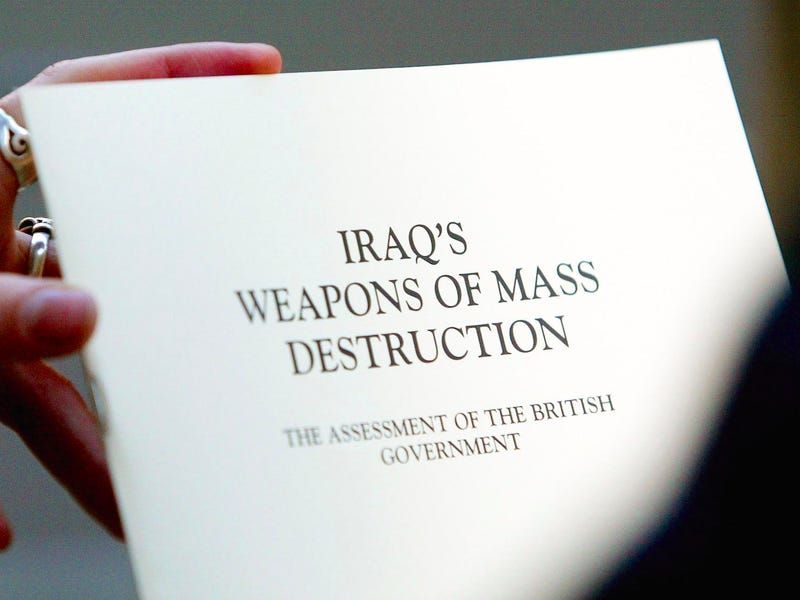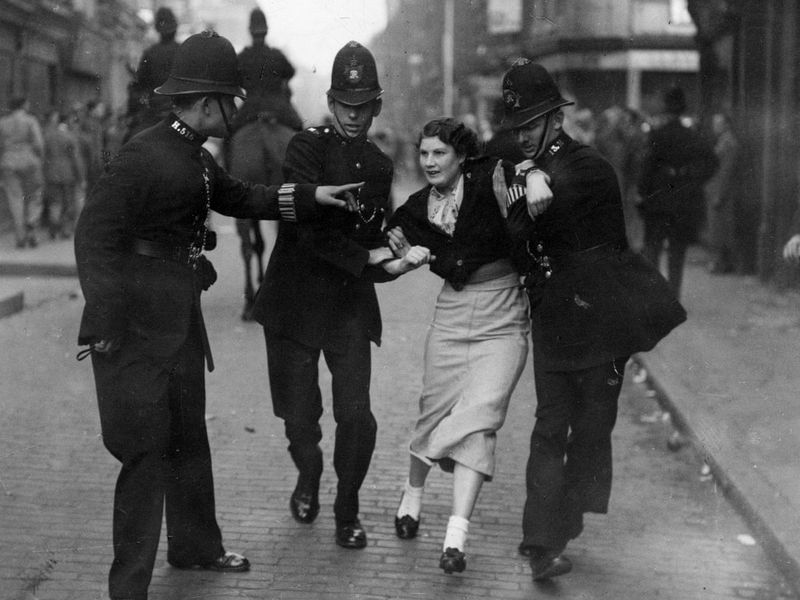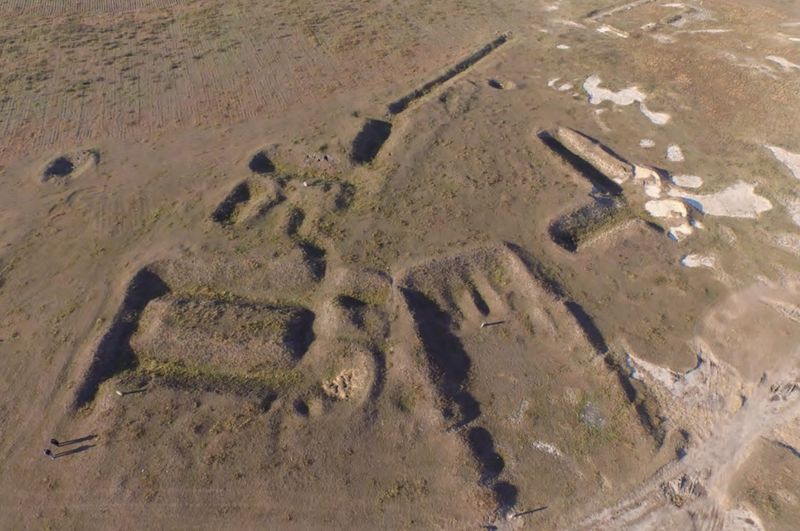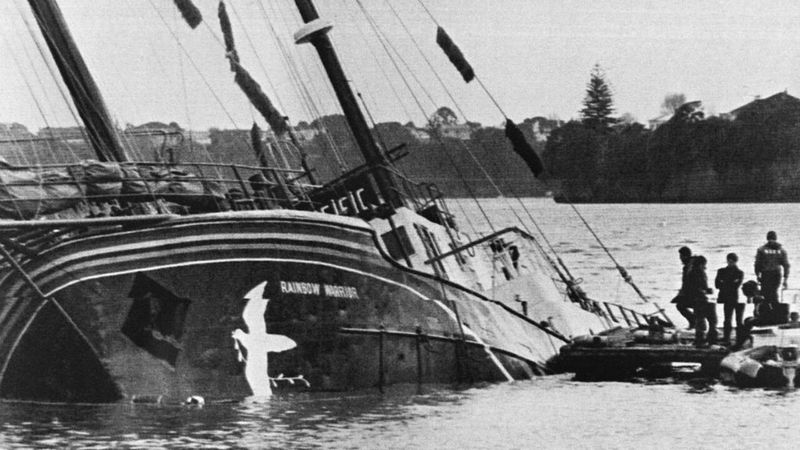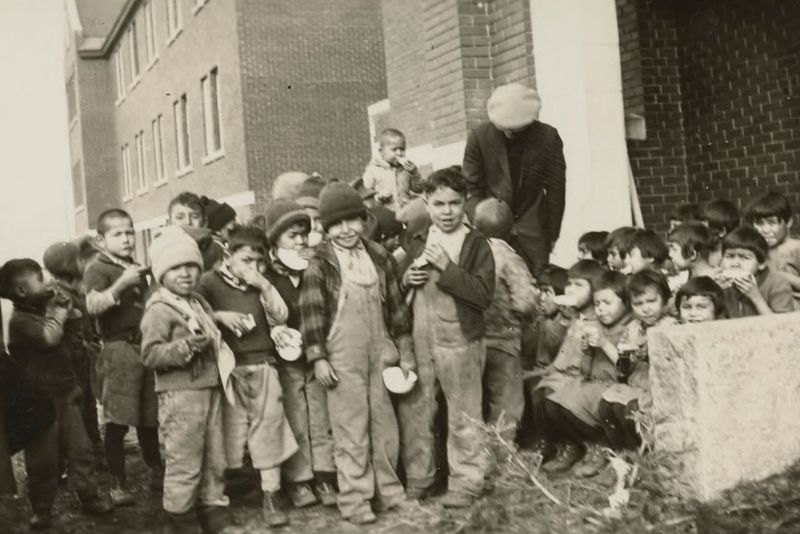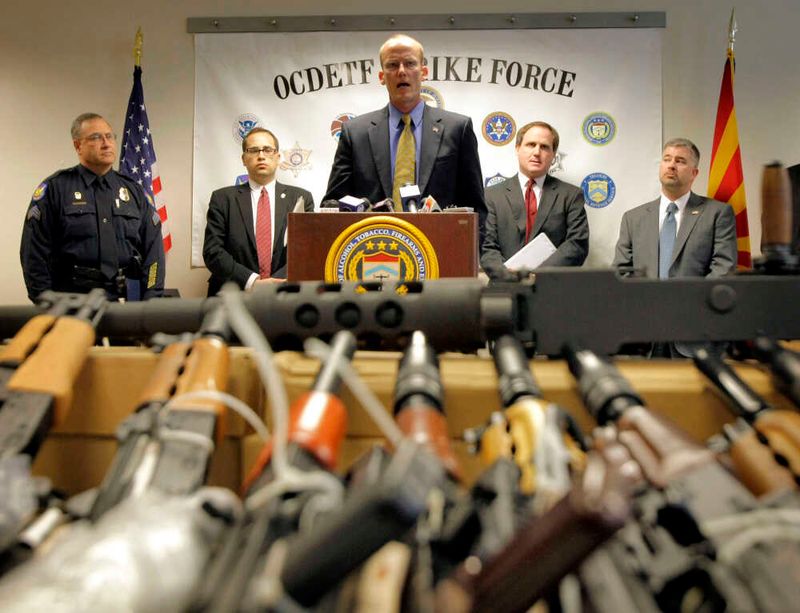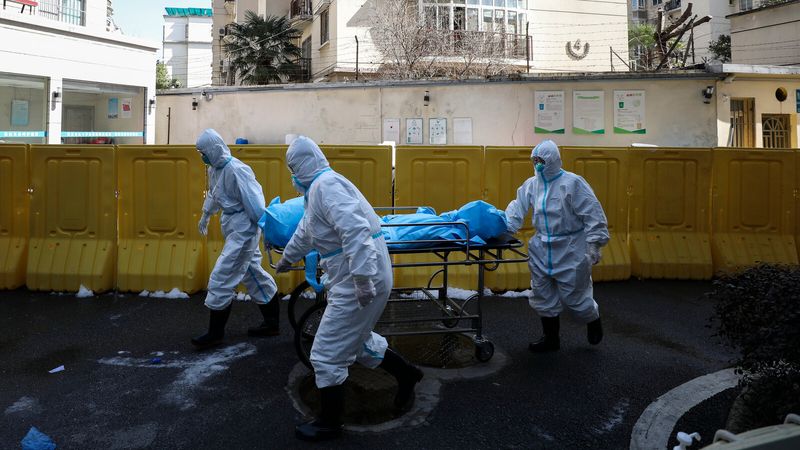Throughout history, governments have occasionally been caught in deception, leading to significant consequences. This blog post explores 19 instances where governments admitted to lying, raising the question: what else might be fake? From fabricated military incidents to manipulated intelligence, these events reveal the extent of misinformation that can occur at the highest levels of power. Each example is illustrated with a specific image prompt and search query to deepen understanding and visualization of these historical moments.
1. The Gulf of Tonkin Incident (1964)
In 1964, the United States government asserted that North Vietnamese forces had attacked the USS Maddox without provocation, a claim used to escalate military involvement in Vietnam. However, it was later revealed that the attack never happened and was manufactured to justify war. This deception led to full-scale U.S. involvement, resulting in massive loss of life and long-lasting geopolitical consequences.
2. Iraq’s “Weapons of Mass Destruction” (2003)
In 2003, both the U.S. and UK governments insisted that Iraq possessed weapons of mass destruction, a claim leading to the Iraq War. However, no WMDs were ever found, and it was later revealed that intelligence had been manipulated to support military action. This led to a prolonged conflict, resulting in over a million deaths and widespread instability in the region, raising questions about the reliability of intelligence.
3. Operation Northwoods (1962, declassified 1997)
Operation Northwoods was a proposed plan by the U.S. military to stage terrorist attacks, including hijackings, to justify an invasion of Cuba. Although President Kennedy rejected the plan, its existence underscores the lengths considered to achieve political ends. The declassification in 1997 shocked many, revealing a darker side to Cold War strategies and raising ethical concerns about military tactics.
4. The Tuskegee Syphilis Experiment (1932-1972)
From 1932 to 1972, the U.S. Public Health Service conducted the Tuskegee Syphilis Experiment on African American men under the guise of free healthcare. In reality, they were left untreated to study the disease’s progression, leading to unnecessary suffering and deaths. This unethical study went on for 40 years before being exposed, highlighting deep racial injustices and medical ethics violations.
5. MKUltra (1950s-1970s, revealed 1975)
MKUltra was a clandestine CIA program that aimed to develop mind-control techniques through experiments on unwitting citizens. Utilizing drugs like LSD, the program involved psychological torture and manipulation. The truth emerged in 1975, revealing a disturbing chapter in U.S. intelligence history, marked by ethical breaches and the abuse of human rights under the guise of national security.
6. COINTELPRO (1956-1971, exposed 1971)
The FBI’s COINTELPRO program aimed to surveil and disrupt civil rights groups, using tactics like blackmail and inciting violence. Although presented as monitoring extremists, it targeted peaceful activists, including Martin Luther King Jr. The exposure in 1971 uncovered the government’s infringement on civil liberties, sparking public outrage and distrust in federal law enforcement practices.
7. The Pentagon Papers (1971 leak)
The Pentagon Papers, leaked in 1971, exposed the U.S. government’s knowledge that the Vietnam War was unwinnable, contrary to public claims of progress. These documents highlighted the vast difference between official narratives and reality, sparking a national debate about transparency and truth in government. The leak underscored the importance of whistleblowers in uncovering governmental deception.
8. Iran-Contra Affair (1980s, exposed 1986)
During the 1980s, the Reagan administration faced scandal when it was revealed they had illegally sold arms to Iran to fund Nicaraguan rebels, despite public denials. The exposure of the Iran-Contra Affair in 1986 revealed a complex web of deceit at the highest levels of government, leading to questions about accountability and the limits of executive power in foreign policy matters.
9. The NSA’s Domestic Spying (Pre-2013, Snowden leaks)
Before 2013, the U.S. government claimed not to spy on its citizens. However, Edward Snowden’s leaks revealed widespread surveillance by the NSA, including the collection of billions of phone records and emails. This breach of privacy ignited global debates about security versus civil liberties, highlighting the potential for government overreach in the digital age and the need for transparency.
10. The CIA’s Fake Vaccination Campaign (2011)
In 2011, the CIA orchestrated a fake vaccination campaign in Pakistan to gather intelligence on Osama bin Laden’s whereabouts. This operation, masquerading as a health initiative, led to increased distrust of vaccines and subsequent polio outbreaks. The revelation of this deceptive tactic highlighted ethical concerns about using humanitarian efforts as a cover for espionage, with long-term public health consequences.
11. British “Dodgy Dossier” on Iraq (2003)
The UK government released a dossier in 2003 claiming Iraq could deploy weapons of mass destruction within 45 minutes, a justification for military action. Later admissions revealed the intelligence was exaggerated, leading to widespread critique of Prime Minister Blair’s motivations. This incident raised questions about the political manipulation of intelligence and the ethical responsibilities of leadership.
12. Australian “Children Overboard” Scandal (2001)
In 2001, the Australian government falsely claimed asylum seekers had thrown children overboard to gain entry, using this narrative to justify harsh immigration policies. The later revelation proved it a political stunt, exposing how governments can manipulate public perception for policy support. This scandal highlighted the human cost of political deception and its impact on vulnerable populations seeking refuge.
13. German “Lügenpresse” (Nazi Propaganda, 1930s-40s)
The Nazi regime’s control over the media led to the term “Lügenpresse” or “lying press,” used to manipulate public opinion with false narratives. This propaganda supported anti-Semitic policies and distorted realities of WWII, fueling hatred and misinformation. Post-war, Germans grappled with the extent of these lies, underscoring the power of media in shaping societal beliefs and justifying atrocities.
14. Soviet Denial of Chernobyl (1986)
In 1986, the Soviet government initially downplayed the Chernobyl nuclear disaster, claiming the situation was under control. However, radiation spread globally, and delayed evacuation led to thousands of deaths. This denial of reality highlighted the dangers of suppressing information and the international repercussions of governmental negligence in crisis management.
15. Japanese Unit 731 (WWII, covered up until 1980s)
During WWII, Japan’s Unit 731 conducted horrific biological warfare experiments on prisoners of war, a fact denied until the 1980s. Victims were subjected to vivisection and other inhumane practices. The U.S. later granted immunity to those responsible in exchange for data, revealing a dark chapter of history and raising questions about moral compromises in pursuit of scientific knowledge.
16. French Rainbow Warrior Bombing (1985)
In 1985, France initially denied involvement in the bombing of the Greenpeace ship Rainbow Warrior, which was protesting nuclear tests. The truth emerged that French agents had carried out the attack, leading to international condemnation. This incident highlighted the lengths to which governments might go to silence environmental activism, prompting discussions on state responsibility and diplomatic ethics.
17. Canadian Residential Schools (Until 1996)
For over a century, Canadian government policies forced Indigenous children into residential schools under the pretense of education. In reality, these institutions aimed at cultural assimilation, leading to the loss of cultural identity and many child deaths. The recent acknowledgment of this dark history revealed systemic abuses and prompted a national reckoning with Canada’s colonial past.
18. U.S. “Fast and Furious” Gunwalking Scandal (2009-2011)
Between 2009 and 2011, the U.S. ATF allowed guns to be sold to Mexican cartels in an operation called “Fast and Furious.” Although initially denied, the operation was exposed when these guns were traced to crimes, including the murder of a U.S. Border Patrol agent. This scandal highlighted significant flaws in federal oversight and the unintended consequences of politically motivated law enforcement strategies.
19. China’s Early COVID Cover-Up (2020)
In early 2020, Chinese authorities downplayed human transmission of COVID-19, silencing doctors who tried to warn the public. This delay allowed the virus to spread globally, leading to a pandemic. The cover-up raised critical issues about transparency and accountability in public health crises, emphasizing the need for accurate information and international cooperation in combating global health threats.
